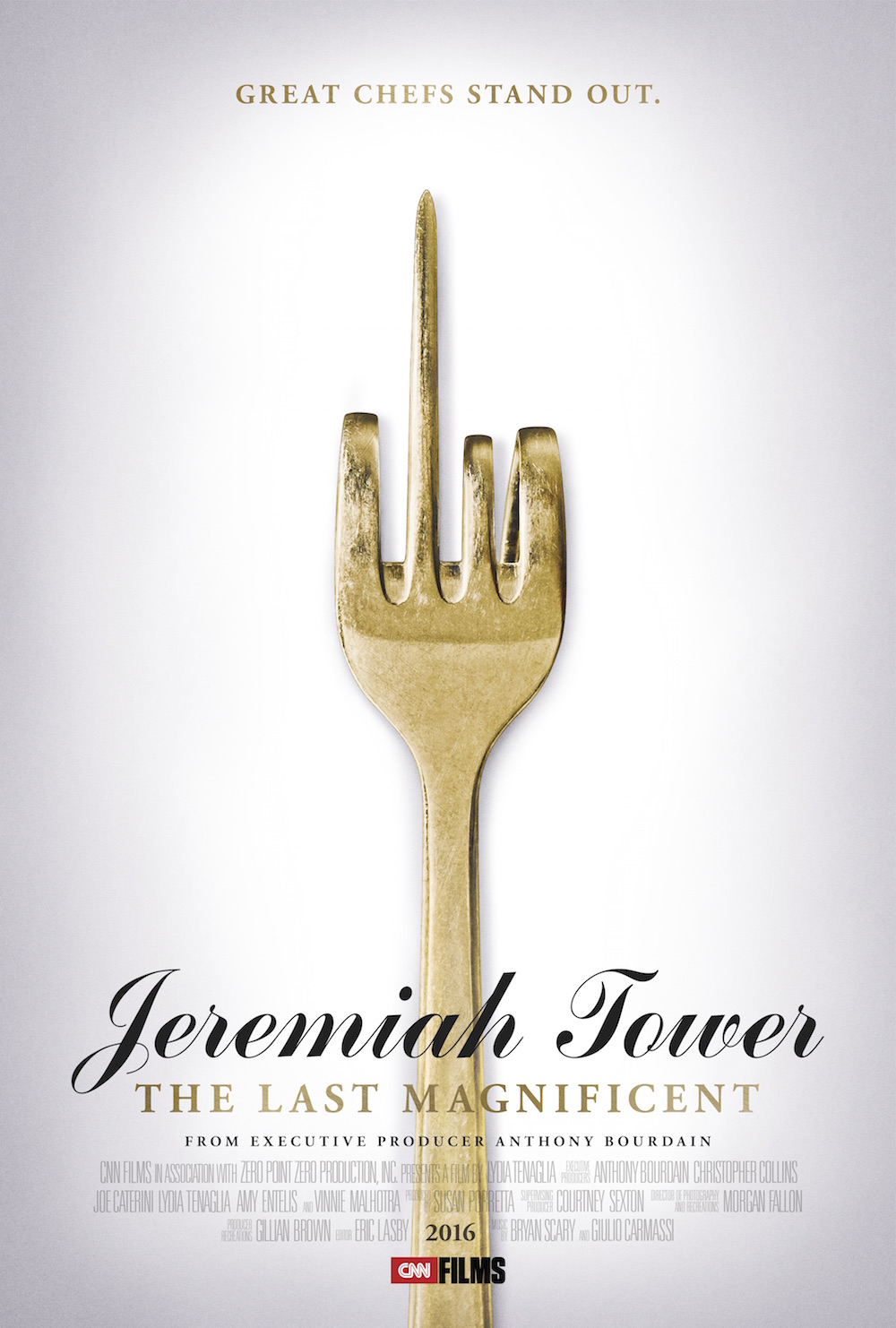
News
Summers Will Not Finish Semester of Teaching as Harvard Investigates Epstein Ties

News
Harvard College Students Report Favoring Divestment from Israel in HUA Survey

News
‘He Should Resign’: Harvard Undergrads Take Hard Line Against Summers Over Epstein Scandal

News
Harvard To Launch New Investigation Into Epstein’s Ties to Summers, Other University Affiliates

News
Harvard Students To Vote on Divestment From Israel in Inaugural HUA Election Survey
‘Jeremiah Tower: The Last Magnificent’ Sumptuous and Delicious
Dir. Lydia Tenaglia—4 Stars

“I have to stay away from human beings, because somehow I am not one.”
These are the first words we hear from celebrity chef and restaurateur Jeremiah Tower in the new documentary about his life and career, “Jeremiah Tower: The Last Magnificent.” The film begins in present-day Mexico, as Towers walks through Aztec ruins to his Médira home. As he cooks himself a sumptuous meal of fresh octopus, he ruminates over his childhood, his college years at Harvard, and his restaurants.
The different sections of the film vary greatly in their quality. The production triumphs in its exploration of Tower’s early years and rise to fame. Tower’s childhood is shown in a nonlinear narrative that flits back and forth between the present and the past in a way that perfectly compliments Tower’s peripatetic lifestyle. Born in 1942, Tower travelled around the world with his wealthy parents, spending his early years playing in the kitchens of grand hotels and luxurious ocean liners while his parents were not paying attention. This is where he developed his love of decadence, delicious food, and extravagance. These events explain much of Tower’s elusive character and the exuberant and luxurious atmosphere that his restaurants are so famous for.
The film spends quite a bit of time on his years at Harvard College and the Graduate School of Design too, where Tower studied architecture and grew his talent for cooking through the different meals he prepared for poets and artists who passed through Cambridge, including Allen Ginsberg. Director Lydia Tenaglia paints a fantastic image of the turbulent sixties and the student riots, juxtaposing these elements with Tower’s own turbulent personal changes, such as the exploration of his sexuality.
The most exciting part of the film, however, is its coverage of Tower’s San Francisco restaurant “Stars,” which catered to the likes of Sophia Loren and The Beastie Boys. The analysis provided in the film by current celebrity chefs Mario Batali, Martha Stewart, and Anthony Bourdain is very well-thought out and interesting, particularly because Tower paved the way for their careers. The opera soundtrack, the slow-motion shots of flames, preparation of enticing dishes of lobster and caviar, and the footage of guests having a raucous time all contribute to the opulent depiction of the restaurant, making the audiences feel as though they too were there. This section captures the mix of Edwardian elegance and Old Hollywood glamor that the restaurant strove for, contributing to the film’s overall feeling of nostalgia.
The exploration of his past gives a very clear image of the man, showcasing his genius and energy. However, the film is undermined by the lackluster representation of Tower in the present day with his foray into the New York City restaurant scene. This is much less exciting than the earlier parts of the film, which up until this point has been stunning and glitzy, bringing a dignity to the profession that extends beyond what the audience now might associate with celebrity chefs. By the end, it even feels as though Tower hasn’t spent enough time on screen. The audience has heard so much about crazy antics and visions such that it might no longer care. Despite the fill of delicious shots of food, dancing celebrities, and overflowing champagne—it leaves the viewer hungry for more of the central character’s actual story.
Despite these flaws, the film is still well worth a watch for the story it tells and the way it crafts it. It is sure to make the viewer fall in love with not only Tower’s cooking, but also the man himself.
—Staff writer Aline G. Damas can be reached at aline.damas@thecrimson.com.
Want to keep up with breaking news? Subscribe to our email newsletter.
